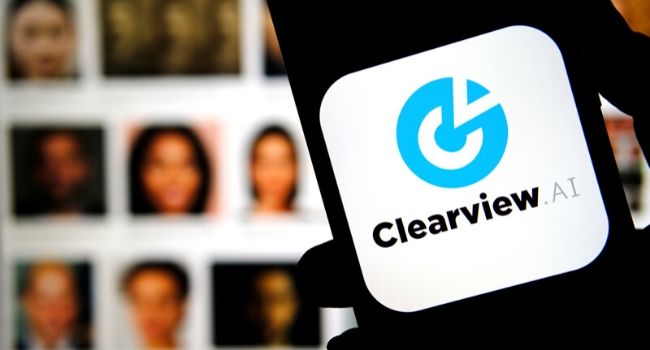
Controversial Facial Recognition Company Clearview AI Has Counted ICE FBI and Private Companies Among Its Clients
Clearview is also piloting a video surveillance camera with live facial recognition capabilities and has tried to expand into other countries in the Middle East and Asia.
- By Haley Samsel
- Mar 02, 2020
Clearview AI, the facial recognition software company criticized for scraping more than 3 billion photos from social media sites and using them as a database, has come under more fire after its client list was leaked and plans of a video surveillance camera business were released.
Documents obtained by BuzzFeed News show that more than 2,200 private and public organizations had used the company’s software, including Immigration and Customs Enforcement and the FBI as well as private corporations like Best Buy and Macy’s.
Schools were also found among Clearview AI’s clients, though many administrators claimed that they had never signed a contract with the company but had received free trials. Those universities included the University of Alabama and Florida International University, according to BuzzFeed.
There is also evidence that Clearview AI is trying to expand to international markets, including authoritarian regimes in the Middle East like the United Arab Emirates, Qatar and more. Clearview CEO Hoan Ton-That, who has been at the center of controversies surrounding the company, told BuzzFeed that Clearview is “focused on doing business in USA and Canada.”
“Many countries from around the world have expressed interest in Clearview,” he added.
Especially since Clearview, a three year-old startup, mostly operated under the radar until a few months ago, the number of users and searches that the company has racked up are staggering. People associated with 2,228 law enforcement agencies, companies and organizations have created accounts and performed nearly 500,00 searches tracked and logged by Clearview, according to BuzzFeed’s reporting.
Ton-That has argued that the company has a First Amendment right to gather the images and data that are publicly available online. Albert Fox Cahn, a fellow at New York University and the executive director of the Surveillance Technology Oversight Project, told BuzzFeed that this claim does not protect the company from lawsuits over improper use of the data.
“No court has ever found the First Amendment gives a constitutional right to use publicly available information for facial recognition,” Cahn said. “Just because Clearview may have a right to scrape some of this data, that doesn’t mean that they have an immunity from lawsuits from those of us whose information is being sold without our consent.”
The company also has its sights on releasing a video surveillance camera with live facial recognition capabilities. The project, called Insight Camera, has been tested by at least two potential clients, according to BuzzFeed. The camera’s website was taken offline after the news outlet requested comment from Clearview.
In addition, the company has been exploring the use of facial recognition on augmented reality glasses, enlisting the help of New York manufacturer Vuzix.
“It’s not something anybody is buying off the shelf, but I can’t deny that it’s in development, though it’s not something we’re selling today,” Matt Margolism, Vuzix’s director of business development, told BuzzFeed. “We do have a number of other partners that use facial recognition, but they don’t do the same thing that Clearview is doing. They’re not using photos that are crawled off the web.”
There is no doubt that more reporting on Clearview’s business plans and associations with prominent businesses and federal agencies -- as well as some politicians -- will continue as news outlets scrutinize the facial recognition company’s reach worldwide.
About the Author
Haley Samsel is an Associate Content Editor for the Infrastructure Solutions Group at 1105 Media.